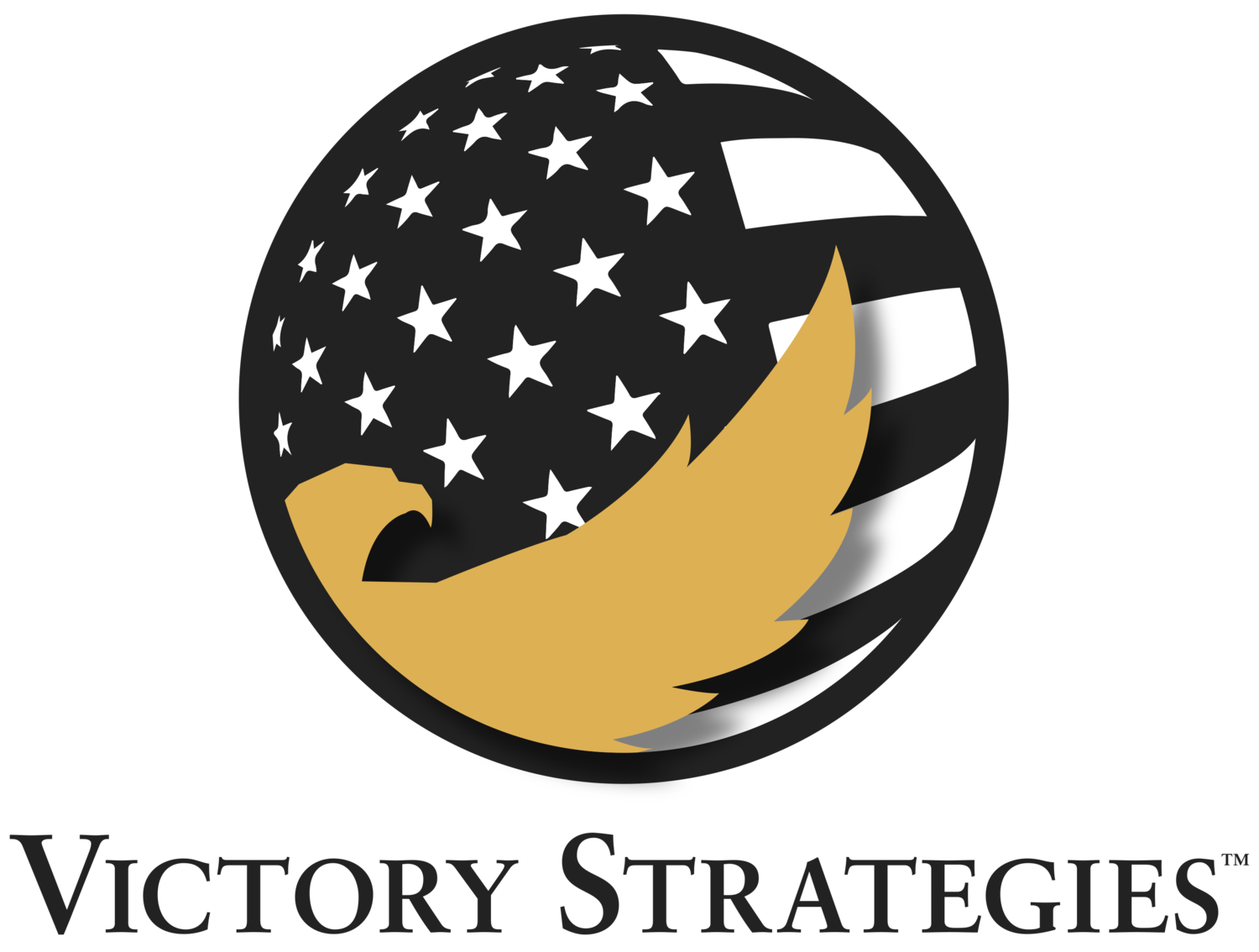Meetings.
There’s almost an unspoken “ugh” after you say it. Other common responses go along the lines of “well, that was another meeting that could have been an email,” or “there’s an hour of my life I will never get back.” Rarely, if ever does anyone say, “that meeting was awesome!” It doesn’t have to be that way. When meetings are planned and executed well, they can provide focus, clarity, and direction to the team. Good meetings allow people to be more effective and productive, which provides a good return on the time investment. Bad meetings, on the other hand, are a time suck that disrupt schedules and demotivate teams. After a couple of decades of leading and managing, I’d offer the following tips and perspectives on meetings:
Insist on a clear objective. Everyone should understand why a meeting is taking place and that objective should be one that justifies the time commitment required. If the purpose of the meeting is to disseminate information, figure out a better way. If the purpose of the meeting is unclear, ask. If the answer doesn’t make sense, do what you can to get out of the meeting. When I was assigned to the Office of the Secretary of Defense, my predecessor handed me a list with all the meetings that I was required to attend. It was a long list, so I asked him how he got anything done. He informed me that my job was mostly to represent our office in those meetings. After a few weeks of attending those meetings, I quickly distinguished between those that provided value and the vast majority that did not. I simply stopped attending meetings that provided no value. When I told some of my coworkers, they all said, “you can’t do that!” Yet I did. Do you know what happened? Turns out the world didn’t end, and I was able to use that time to be more productive and add value to the organization. People were surprised by how much work I got done in my portfolio and nobody seemed to care that I wasn’t attending low value meetings anymore.
Prepare for the meeting but understand that most people won’t. Some of the most useful meetings are those that bring clarity to an issue or inform a decision. Those that understand the issues best and think through options have a tremendous advantage in those situations. Unfortunately, most people spend too much time in meetings and not enough time thinking, so they come to meetings unprepared. If you are running the meeting and send out preparatory materials, understand most of the attendees will not look at them before the meeting. Consequently, if you are hosting a meeting, plan some time at the beginning of the meeting to orient the participants to the issue before diving into the discussion. Jeff Bezos used to famously dedicate the first portion of such meetings to reading the preparatory materials and answering questions to ensure everyone was ready to contribute.
Keep people focused on the objective and the agenda. Few things derail a meeting faster than going down rabbit holes, discussing or exploring tangents that provide little value to achieving the objective. Some of these tangents may be interesting or worth exploring at some other point, in which case, put it in a “parking lot” for another time. If attendees start having side bar discussions, put a stop to them gently and bring them back to the purpose of the meeting. Limit the meeting to the time allotted or less and use the schedule as a tool to bring a sense of urgency to the group’s efforts.
Ensure the right people attend the meeting. Meetings should never be confused with productivity; time spent in a meeting is time that is not being spent being productive for the organization. As noted economist and senior fellow at the Hoover Institution, Thomas Sowell observed, “The least productive people are usually the ones who are most in favor of holding meetings.” With this in mind, invite the individuals with the expertise necessary to meet the meeting’s objective and no more, being mindful that expertise does not have to be tied to a position in organizational hierarchy. Some people view meetings as a status symbol, like being invited to an exclusive party. Disabuse people of that notion by rewarding productivity and challenge the inclusion of people whose purpose in attending is unclear.
As with most everything in leadership and management, intentionality is a critical element. Be intentional about the meetings you have and attend. If left unchecked, recurring meetings can become an end unto them themselves. They become a habit that mindlessly consumes a chunk of time on everyone’s schedule every week or month. Regularly question the need and the format of the meeting. Does it still provide value commensurate with the time requirement? Is this the best way to meet the need? Do we need to waste time on a slide deck? Do we need an hour for this, or will 30 minutes suffice? Why do we keep having to meet? Never forget that a recurring meeting is an implicit acknowledgement of your organization’s inefficiency. Sometimes meetings are necessary to resolve an issue, but they should be limited to those deemed absolutely necessary remembering that the more meetings an organization has, the less productive it is. People want to feel productive and engaged because it contributes to their sense of purpose. Do everything you can to ensure your meetings contribute to and do not detract from your team’s productivity by holding meetings that provide value and eliminating those that do not.
Authored By: Jason Lamb, Managing Director

